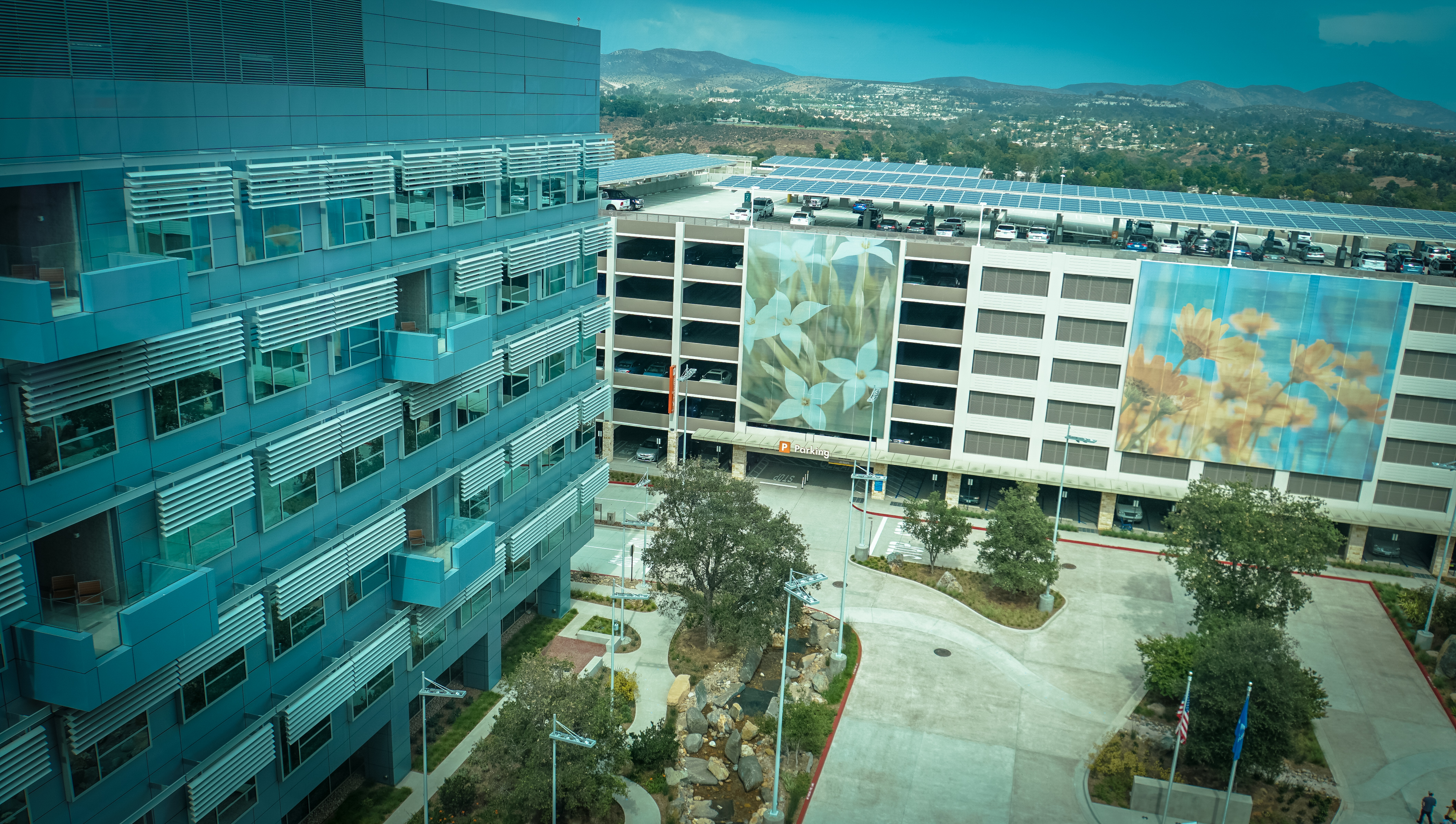Kaiser Permanente, commonly known simply as Kaiser, is an American integrated managed care consortium, based in Oakland, California, United States, founded in 1945 by industrialist Henry J. Kaiser and physician Sidney Garfield. Kaiser Permanente is made up of three distinct but interdependent groups of entities: the Kaiser Foundation Health Plan, Inc. (KFHP) and its regional operating subsidiaries; Kaiser Foundation Hospitals; and the regional Permanente Medical Groups.
As of 2017, Kaiser Permanente operates in eight states (Hawaii, Washington, Oregon, California, Colorado, Maryland, Virginia, Georgia) and the District of Columbia, and is the largest managed care organization in the United States. Kaiser Permanente is one of the largest nonprofit healthcare plans in the United States, with over 12 million members. It operates 39 hospitals and more than 700 medical offices, with over 300,000 personnel, including more than 80,000 physicians and nurses.
Kaiser Permanente has become the first health care system in the United States to achieve carbon-neutral status.

According to the organization, this move to carbon neutrality eliminates its 800,000-ton annual carbon footprint. The US health care industry overall is responsible for roughly 10% of the country’s greenhouse gas emissions, according to recent research from Yale University.
In order to reach this milestone, Kaiser Permanente first improved energy efficiency in its buildings, installed on-site solar power, and made long-term purchases of new renewable energy generation. In fact, six years ago, Kaiser Permanente signaled that the Oakland, California-based health care system would seek Leadership in Energy and Environmental Design (LEED) Gold certification for new construction of hospitals, large medical offices, and other major projects.
Kaiser Permanente then invested in carbon offsets to counter the currently unavoidable emissions from the natural gas power that heats and cools its hospitals. The carbon offsets were chosen for their strong health benefits. One project funds clay pot water filters in Guatemala that avoid burning wood or gas to boil water, and also reduce fatal childhood waterborne diseases. Another project prevents Indonesian peatland from conversion into high-pollution palm oil production while funding a floating health clinic for riverside communities.
According to environmentalleader.com; en.wikipedia.org. Source of photo: internet








